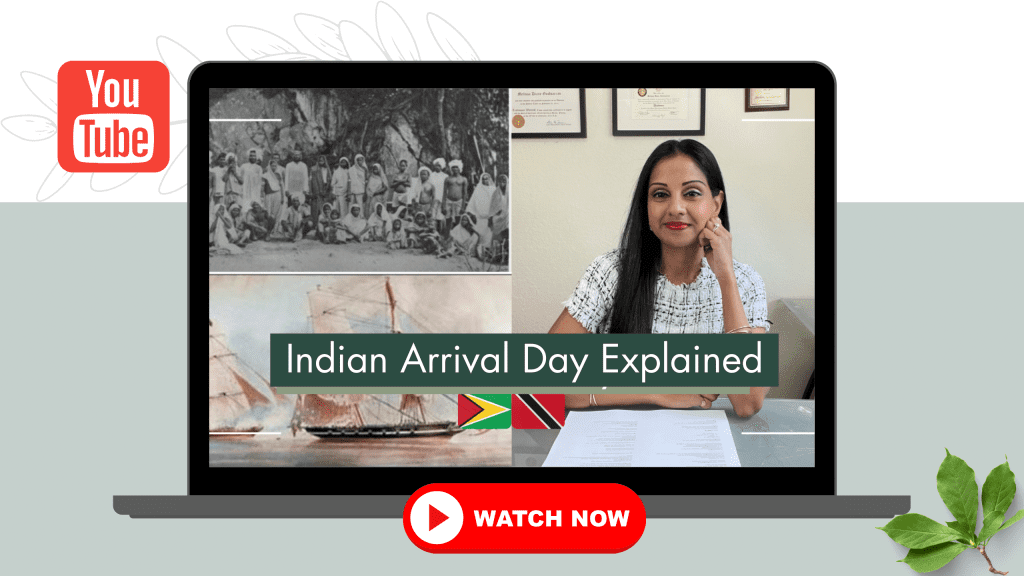Christopher Columbus & the Lunar Eclipse in Jamaica

This post is about Christopher Columbus & the Lunar Eclipse in Jamaica in 1504.
Dates of Our Past - February 29, 1504 Lunar Eclipse
During Christopher Columbus' fourth and final voyage to the New World, Columbus and his crew found themselves stranded on the island of Jamaica after their ships had become severely damaged.
As time passed, relations between the indigenous people and Columbus' crew deteriorated. Realizing the dire situation they were in, Columbus consulted an almanac that he had brought along on the voyage.
In it, he found predictions of a lunar eclipse on the night of February 29, 1504. Using his knowledge of celestial events, Columbus warned the indigenous leaders that if they did not cooperate and continue to provide his crew with provisions, he would make the moon disappear as punishment from his Christian God.
According to Columbus, the moon started to darken, supposedly much to the astonishment and fear of the indigenous people. They allegedly had no explanation for this celestial event and became increasingly fearful of Columbus and his supposed ability to control the heavens. Columbus claimed that the indigenous people were afraid.
Columbus instructed the natives that he would make the moon reappear if they agreed to continue providing provisions to his crew. When the eclipse ended and the moon reemerged, the indigenous people were relieved and grateful according to Columbus.
They resumed providing food and supplies to Columbus and his crew until they were eventually rescued.
The lunar eclipse of 1504 is remarkable not only for its role in Columbus' survival but also for its demonstration of the power of manipulation in the context of intercultural encounters during the Age of Exploration.
Drawing of Columbus and Jamaicans, page 273 of "The Romance of Spanish History with Illustrations" by John Stevens Cabot Abbott, 1869.
This post was about Christopher Columbus & the Lunar Eclipse in Jamaica in 1504.
By Melissa Ramnauth, Esq. | This content is copyright of West Indian Diplomacy, LLC and may not be reproduced without permission.

She runs West Indian Diplomacy, a Caribbean blog aimed at promoting West Indian history and business in the global marketplace. Melissa has been an attorney for over 10 years. She currently focuses on trademark registration, trademark searches, and office actions. She also has extensive legal experience in the areas of trademarks, copyrights, contracts, and business formations. She owns her own Trademark Law Firm that is virtually based out of Fort Lauderdale.
Please Sign Our
Petition to Preserve Our Ship Records
By Submitting this Form
This page may contain affiliate links and ads at no extra charge to you. If you purchase something from these links and ads, West Indian Diplomacy may earn a small commission that goes towards maintaining the website and sharing our history.
Book Recommendations
The First East Indians to Trinidad: Captain Cubitt Sparkhall Rundle and the Fatel Rozack
History of the People of Trinidad and Tobago
An Introduction to the History of Trinidad and Tobago

Legal Disclaimer
Your use of the content on this site or content from our email list is at your own risk. The use of this website does not create an attorney-client relationship. West Indian Diplomacy does not guarantee any results from using this content and it is for educational purposes only. It is your responsibility to do your own research, consult, and obtain a professional for your medical, legal, financial, health, or other help that you may need for your situation.
The information on West Indian Diplomacy is “as is” and makes no representations or warranties, express or implied, with respect to the content provided on this website or on any third-party website which may be accessed by a link from this Web site, including any representations or warranties as to accuracy, timeliness, or completeness. West Indian Diplomacy will not be liable for any losses, injuries, or damages from the display or use of this information.
All information on this website is accurate and true to the best of West Indian Diplomacy's knowledge, but there may be omissions, errors or mistakes. West Indian Diplomacy is not liable for any damages due to any errors or omissions on the website, delay or denial of any products, failure of performance of any kind, interruption in the operation and your use of the website, website attacks including computer virus, hacking of information, and any other system failures or misuse of information or products.
As of this date, West Indian Diplomacy does not write sponsored posts or accept free products for review. All thoughts and opinions written by West Indian Diplomacy is our own.
West Indian Diplomacy welcomes comments on blog posts. All comments submitted to us are the opinions of the author and do not necessarily reflect or represent the views, policies, or positions of this site. We reserve the right to use our own discretion when determining whether or not to remove offensive comments or images.